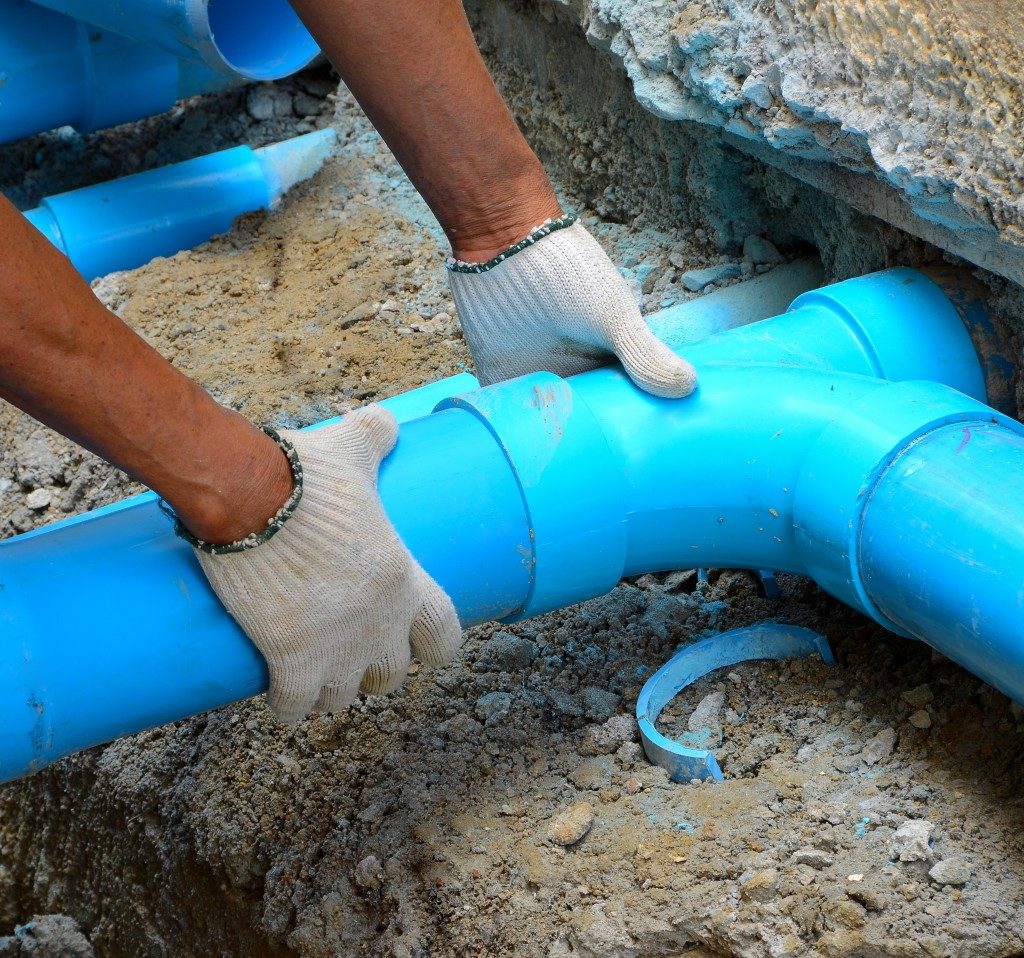The complicated array of pipes through the walls and under your building serve two main functions. One set brings freshwater that flows out of the faucets under high pressure to allow the fluid to climb up and manage corners. The other shuttles wastewater out to the sewer system. When you ask plumbers which piping material is their best bet they usually pick a type of plastic.
What about copper, lead, and aluminum? Let's find out how they’re used today:
Copper —a gold standard for American homes
There was a time when copper pipes were the only ones used for residential plumbing. Copper plumbing lines are durable, tight, and sturdy. Most importantly, they don’t contaminate the water and leave it with no taste. There are hardly any reports of leaks, and they are heat resistant.
Given the appropriate thickness, copper lines can used to supply hot and cold water to homes. The pipes can also be reused and recycled over and over again. Despite the cost of copper, there are a number of upsides, making it a top choice from industrial piping suppliers.
Lead—a dangerous threat to your family’s health
Older residences could still be facing the health threat of lead. Nevertheless, it does not mean your family is in danger of lead poisoning of you live in an established neighborhood. Even when lead pipes are part of the system, you can be assured that the pipe surface already has a layer of oxidation separating the lead from the flowing water. Water management would include utilization of chemicals to encourage the formation of this protective scale so that the water reaching your home is safe enough to drink.
If you still want to be sure, let the water run down from the faucet if you haven’t used that particular line for a while. You can attach a carbon filter to the tap–one that offers effective removal of lead. You may also approach a municipal water safety officer to test your water for the presence of lead if you want to be sure. Alternately, a private water testing laboratory could perform the test and give you peace of mind.
Aluminum —not a popular choice among plumbers
As time passes, aluminum will react to water just because the metal alloy is highly reactive. In addition, this type of piping is highly likely to corrode. Despite the formation of aluminum oxide on the surface that actually protects the pipe from corrosive elements, the environment it is subjected to in plumbing systems increases the likelihood of localised corrosion. Solder joints are quite prone to galvanic corrosion—a phenomenon seen in water pipes.
Joining pipes made from aluminum would take more time than joining copper pipes. It’s a popular alloy used in various applications, but as far as plumbing pipes go, it can be temperamental. This quality does not sit well with master plumbers. They just don’t have the time to deal with sensitive pipes and fusion welding. Also, threading aluminum pipes together is not a foolproof method of joining free ends to make a secure connection. The method of joining sections of pipe still makes it prone to leaks.
Copper is expensive. Lead pipes pose a health risk. Aluminum is too temperamental. It is easy to see why plumbers favor PVC or polyvinyl chloride and other varieties of plastic piping.


